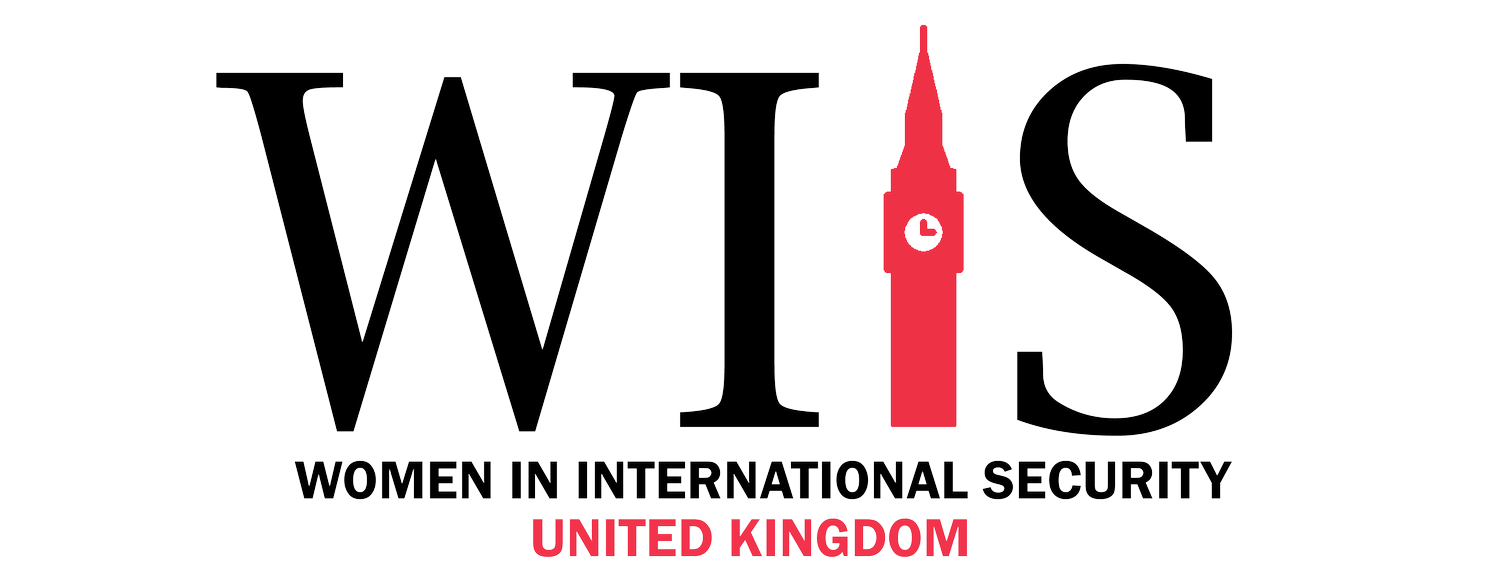Ulrike Franke
In our 3 Questions To series we introduce women working in defence and security. This time we are happy to introduce Ulrike Franke, policy fellow at the European Council on Foreign Relations (ECFR), and member of the WIIS UK leadership team.
What are you currently working on?
Too many things! The main focus of my work is on European defence, and in particular on how new technologies such as artificial intelligence (AI) and drones change warfare. I am studying how different European countries approach the topic of AI in warfare and whether the differences could be problematic for European (and then transatlantic) defence cooperation and interoperability.
At the same time, I am trying to publish an academic article on the basis of my PhD thesis. And I have a paper in the pipeline on the lack of strategic thinking among young German policymakers. Plus, I am continuously looking for and thinking about topics to discuss on the German security and defence policy podcast I co-host (It’s called “Sicherheitshalber”). So, lots of exciting topics and projects.
What are the opportunities and challenges of working in your field?
There are two challenges in particular when working on new tech/ AI in warfare. One is the challenge of keeping up to date with the latest technological developments, and the latest writing on the issue. So many great papers are being published at the moment – but there also is a lot of noise. Twitter can be a hugely useful resource to hear about the latest debates and find the latest papers, but it is also easy to get stuck there and never get to writing anything yourself!
The second challenge is related to the technology itself: AI is a pretty complex field, and although policy experts don’t need to understand all technical details, we do need a good understanding. I am trying hard to educate myself!
What advice would you give your younger self?
Mainly, I would advise myself to be a bit more strategic regarding the projects I take on. What is really worth the effort, what isn’t? (Actually, that’s advice I could still use today…).


